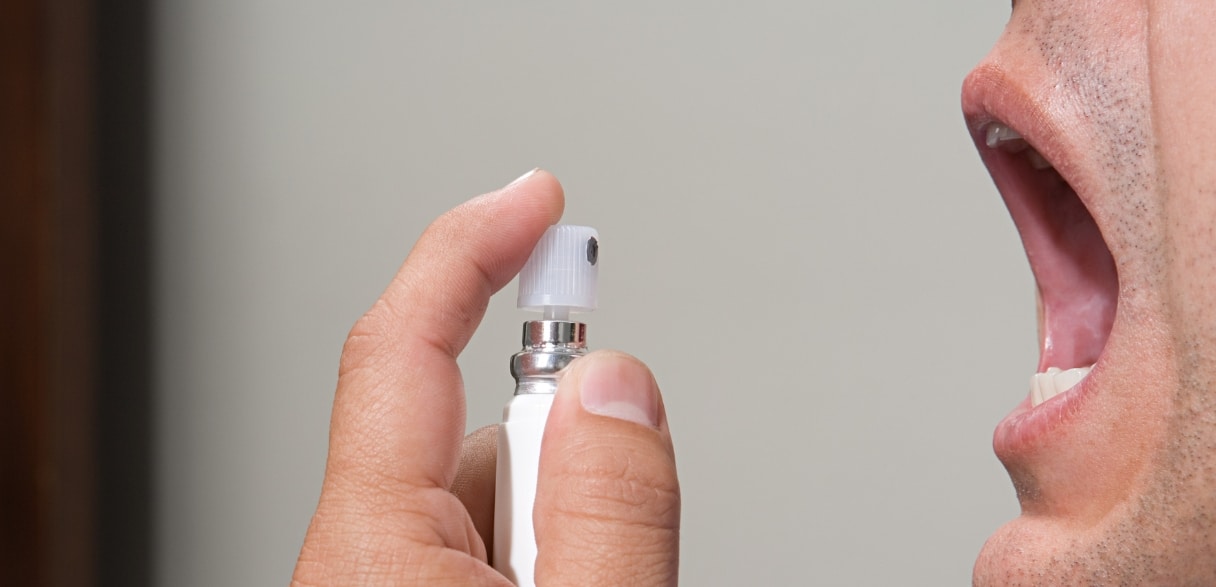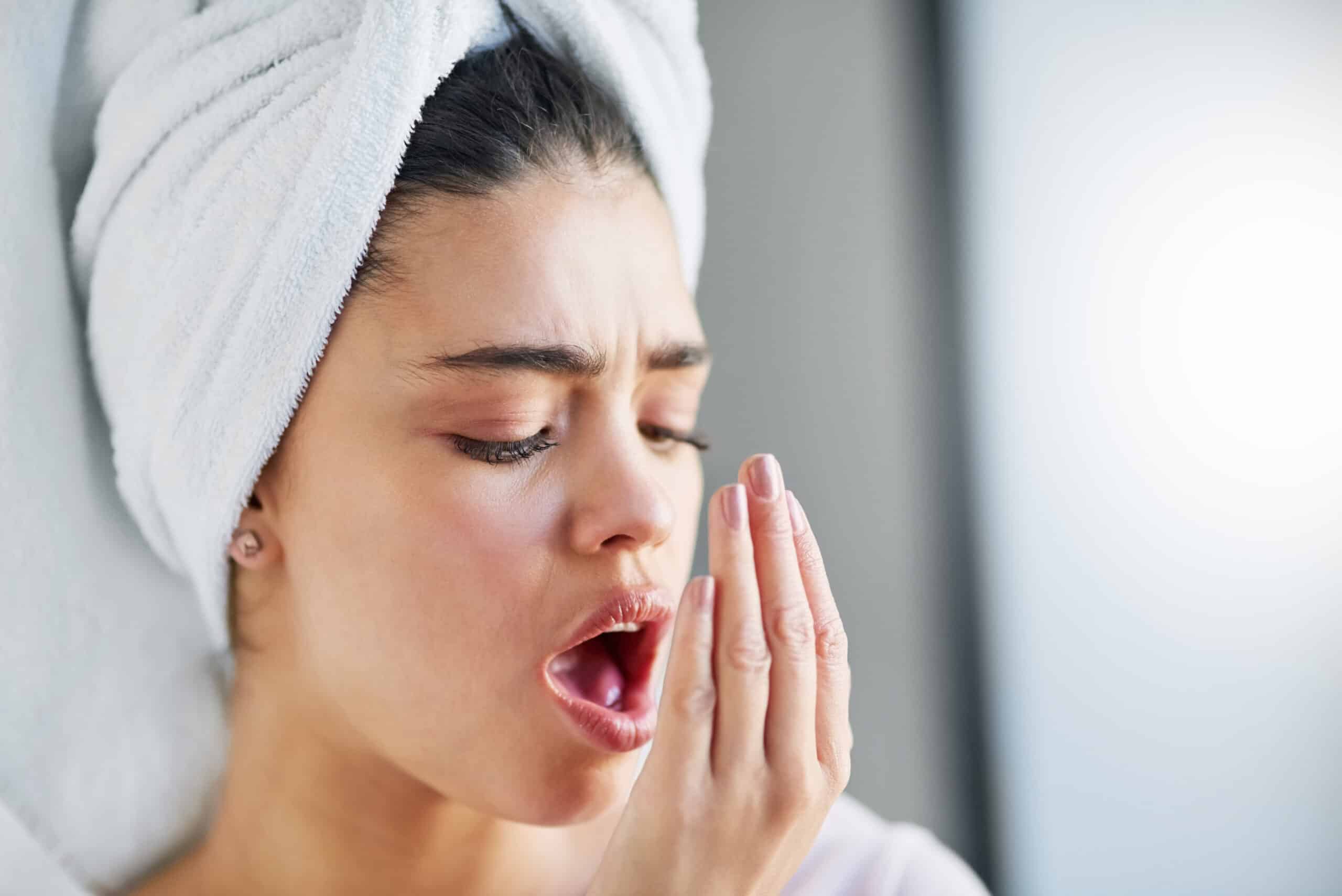
Bad breath, also known as halitosis, is a widespread issue that can affect anyone. While it’s common, it can be embarrassing and lead to discomfort in social situations. Fortunately, understanding its causes and taking steps to prevent and treat bad breath can help restore your confidence. Whether bad breath is caused by poor oral hygiene, specific foods, or underlying medical conditions, tackling the root cause is key to maintaining fresh breath and good oral health.
Common Causes of Bad Breath
Before we dive into ways to prevent and treat bad breath, it’s essential to understand what triggers it. Here are some of the most common causes:
- Poor Oral Hygiene: One of the primary culprits behind bad breath is inadequate brushing and flossing. Food particles can get trapped between teeth and on the tongue, creating an environment where bacteria thrive, producing foul odors.
- Certain Foods: Foods like garlic, onions, and spices can cause temporary bad breath. As these foods are digested, their oils are absorbed into the bloodstream and carried to the lungs, where they affect your breath.
- Dry Mouth: Saliva helps cleanse your mouth by removing food particles and bacteria. A dry mouth, which can be caused by dehydration, medications, or certain medical conditions, allows bacteria to flourish, leading to bad breath.
- Smoking: Smoking and tobacco use can dry out the mouth and introduce chemicals that contribute to unpleasant odors. Smoking is also linked to gum disease, another potential cause of bad breath.
- Medical Conditions: Some health conditions, like sinus infections, diabetes, and gastrointestinal disorders, can result in chronic bad breath. GERD (gastroesophageal reflux disease), for example, can cause stomach acids to reach the throat and mouth, leading to bad odors.
How to Prevent Bad Breath
Prevention is always better than treatment, and with proper care, bad breath can often be avoided. Here are some effective strategies to help you prevent it:
Maintain Good Oral Hygiene
Good oral hygiene is crucial to preventing bad breath. Brush your teeth at least twice a day with fluoride toothpaste to remove food debris and plaque. Don’t forget to clean your tongue, where bacteria can accumulate. Tongue scraping or brushing helps remove the bacteria that cause odors. Additionally, floss daily to reach the areas between your teeth that a toothbrush cannot access.
Use Mouthwash
Rinsing with an antibacterial or antiseptic mouthwash can help reduce bacteria and keep your breath fresh. Choose a mouthwash that contains ingredients like chlorhexidine, cetylpyridinium chloride, or essential oils. While mouthwash can be a helpful tool, it should complement brushing and flossing, not replace them.
Stay Hydrated
Drinking plenty of water throughout the day is essential for keeping your mouth moist and maintaining saliva production. Saliva helps wash away food particles and bacteria, both of which contribute to bad breath. If you have a dry mouth, chewing sugar-free gum can stimulate saliva flow and help combat bad breath.
Eat a Balanced Diet
Your diet can significantly impact your breath. Try to avoid foods known for causing bad breath, such as garlic and onions, particularly when you’re concerned about breath odor. Instead, opt for crunchy fruits and vegetables like apples and carrots, which help clean your teeth naturally and stimulate saliva production.
Quit Smoking
Smoking is a significant cause of bad breath. Quitting smoking will not only improve your breath but also benefit your overall health by reducing your risk of gum disease, oral cancer, and other serious health problems. If you’re struggling to quit, speak with your healthcare provider about smoking cessation programs.
How to Treat Bad Breath
If you already have bad breath, don’t worry — there are several effective ways to treat it and regain fresh breath:
Upgrade Your Oral Care Routine
If your current oral care routine isn’t sufficient to address bad breath, consider improving it. Brush your teeth thoroughly and floss daily. Remember to clean your tongue as well. You may want to try a toothpaste formulated specifically to neutralize odors. Regular brushing and flossing help remove the bacteria responsible for bad breath.
Use a Therapeutic Mouthwash
In addition to your regular oral care routine, consider using a therapeutic mouthwash to treat bad breath. These mouthwashes are designed to target bacteria and odors at their source. Look for ingredients like chlorhexidine or fluoride to freshen your breath and support overall oral health.
Schedule Regular Dental Visits
If bad breath persists despite your best efforts, it may be a sign of an underlying dental problem, such as gum disease or tooth decay. Regular dental visits are essential for diagnosing and treating these issues. Your dentist can perform a professional cleaning to remove plaque and tartar, both of which can contribute to bad breath.
Address Medical Conditions
In some cases, bad breath may be caused by a medical condition like sinus infections, diabetes, or GERD. If you suspect that your bad breath is related to an underlying health issue, consult your healthcare provider. Treating the root cause of the problem can often resolve bad breath.
Adjust Your Diet
If your diet is contributing to bad breath, consider making some changes. Reducing your intake of pungent foods like garlic, onions, and spicy foods can make a noticeable difference. You should also limit sugary snacks, as they promote the growth of bacteria that cause bad breath.
Bad breath can be embarrassing and inconvenient, but with the right care and attention, it’s a problem you can effectively manage. By following these tips, you can prevent and treat bad breath and enjoy the benefits of a clean, fresh mouth. Good oral hygiene, staying hydrated, and being mindful of what you eat are key to maintaining fresh breath. If you’re still struggling with bad breath despite your efforts, it’s a good idea to consult your dentist for further guidance.
Incorporating these habits into your daily routine will help you prevent and treat bad breath, ensuring you can face the world with confidence and a fresh, healthy smile.



